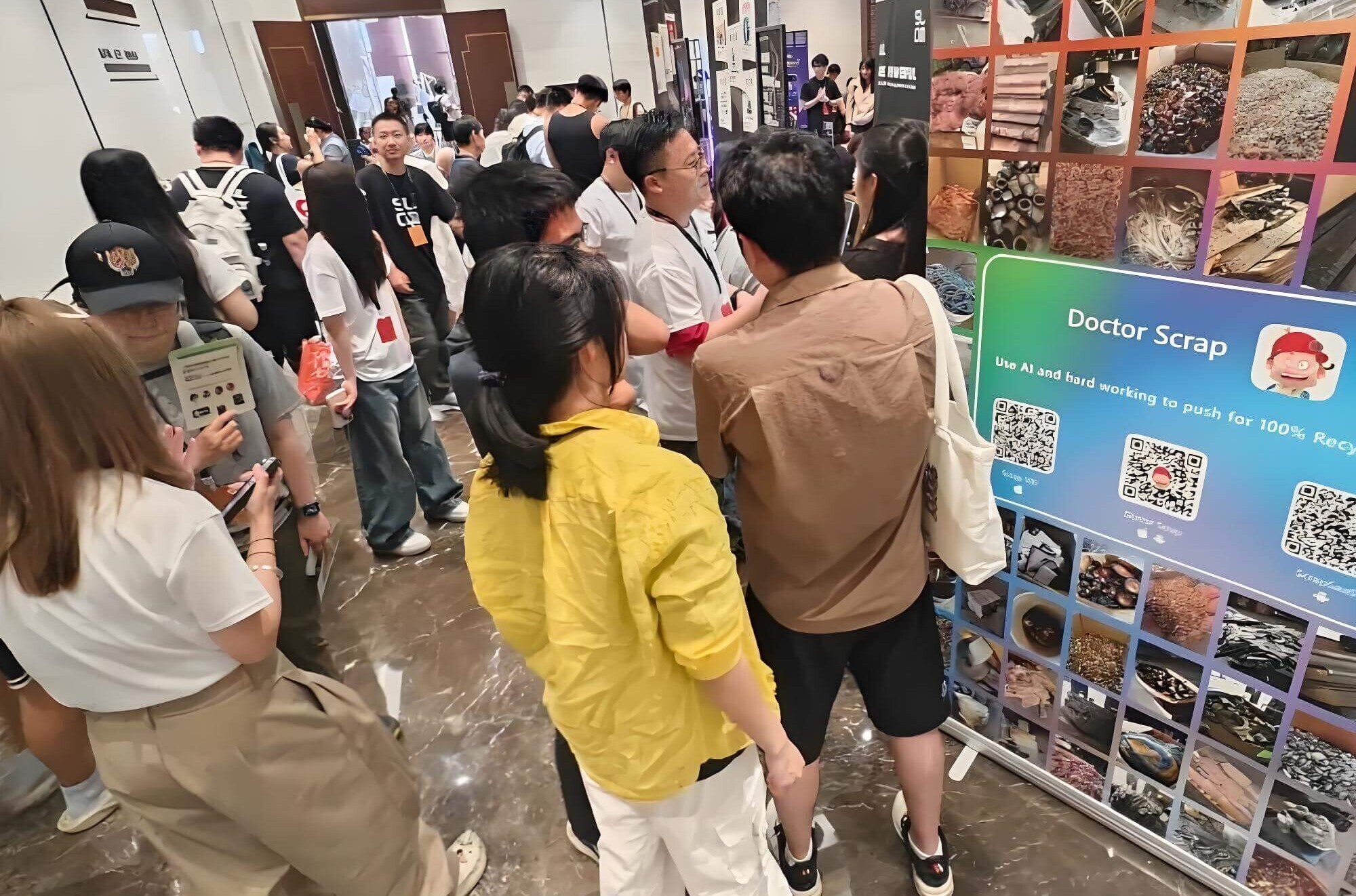

As the recycling industry embraces digital tools to improve efficiency and transparency, Arcadia, California-based Doctor Scrap is seeing its metals identification and trading app gain strong traction worldwide. The platform has not only built a steady user base in North America but is also recording rapid adoption in international markets, particularly in the United States, the Middle East, and across the Association of Southeast Asian Nations (ASEAN) region.

Image source: https://hzcdn.doctorscrap.com/develop-ai/
The app is described by the company as “a highly effective technological app that aims to assist businesses in the recycling industry”. It functions as both a price estimation tool and a global trading platform, enabling recyclers to match buyers and sellers more efficiently in a traditionally fragmented marketplace.
Rising usage of aluminium and other metals
Doctor Scrap CEO Thomas Tan highlights the geographic spread of activity, noting, “Our busiest countries and regions are the US, the Middle East and Southeast Asia.” Traders in those markets have used the app to exchange grades of aluminium, copper, lead, brass and shredded metals, underpinning its growing role in scrap transactions.
Based on company information, recyclers have recycled over 17,200 tonnes of material among each of the five categories. Aluminium has predominated, where traded volumes have exceeded 30,000 tonnes alone. The client base consists of established recyclers and processors, including Texas CMC, C&Y Global, Jain Metals, Illinois shredding operator Cimco Resources and Italian Zoffoli Metalli Srl.
Expansion plans and investor interest
In Tan’s words, “We are keen on working with more clients at every corner of the world, especially Europe, North America and South America.” He also confirmed the firm is “open to investors who show interest” in the company’s technology and future growth trajectory.
A broader industry trend
The success of Doctor Scrap mirrors a wider industry trend towards digitalisation in the secondary metals sector. The emergence of the German trading platform METYCLE underscores this point. The start-up recently secured USD 5 million in funding to expand its operations, driven by soaring demand for secondary materials such as aluminium for electric vehicles and lithium for batteries. By encouraging the circulation of recycled resources, these platforms help conserve natural reserves while promoting sustainable practices.
Environmental benefits of secondary metals
The environmental impact is not trivial. Producing secondary aluminium consumes up to 95 per cent less energy than primary production, with significantly lower carbon emissions. As countries seek to accelerate the energy transition from electric mobility to renewable energy infrastructure, such efficiency gains in the scrap supply chain become increasingly valuable.
Towards a global digital scrap marketplace
With platforms like Doctor Scrap and METYCLE gaining ground, the recycling industry is moving rapidly from regionalised networks to a globalised, technology-driven marketplace. For a sector that was once reliant on manual grading and face-to-face deals, this represents a step change in speed, transparency, and market access.
Responses








